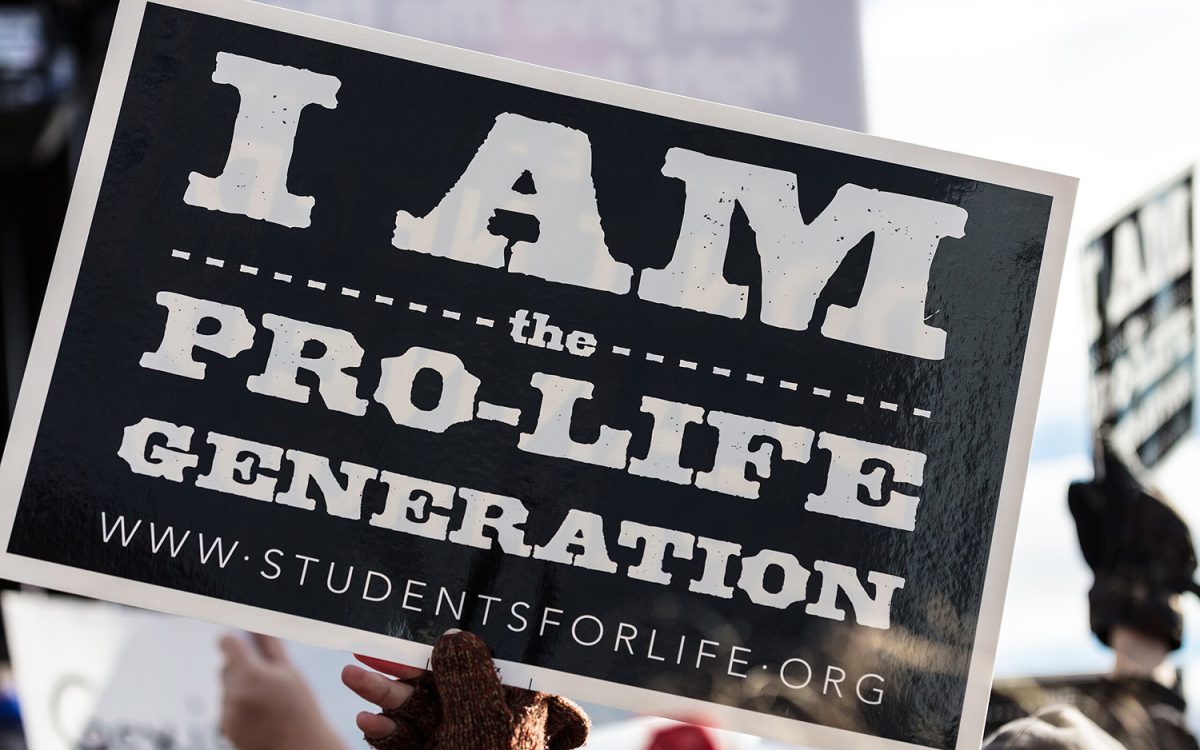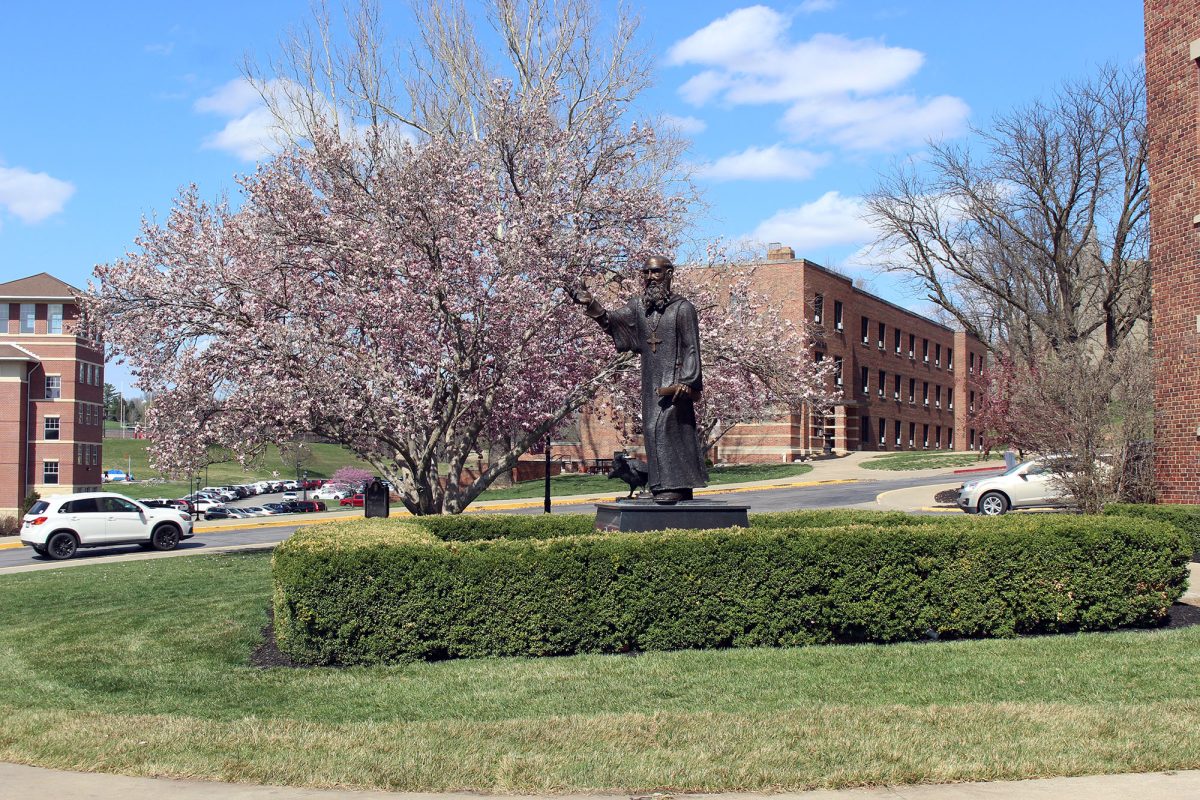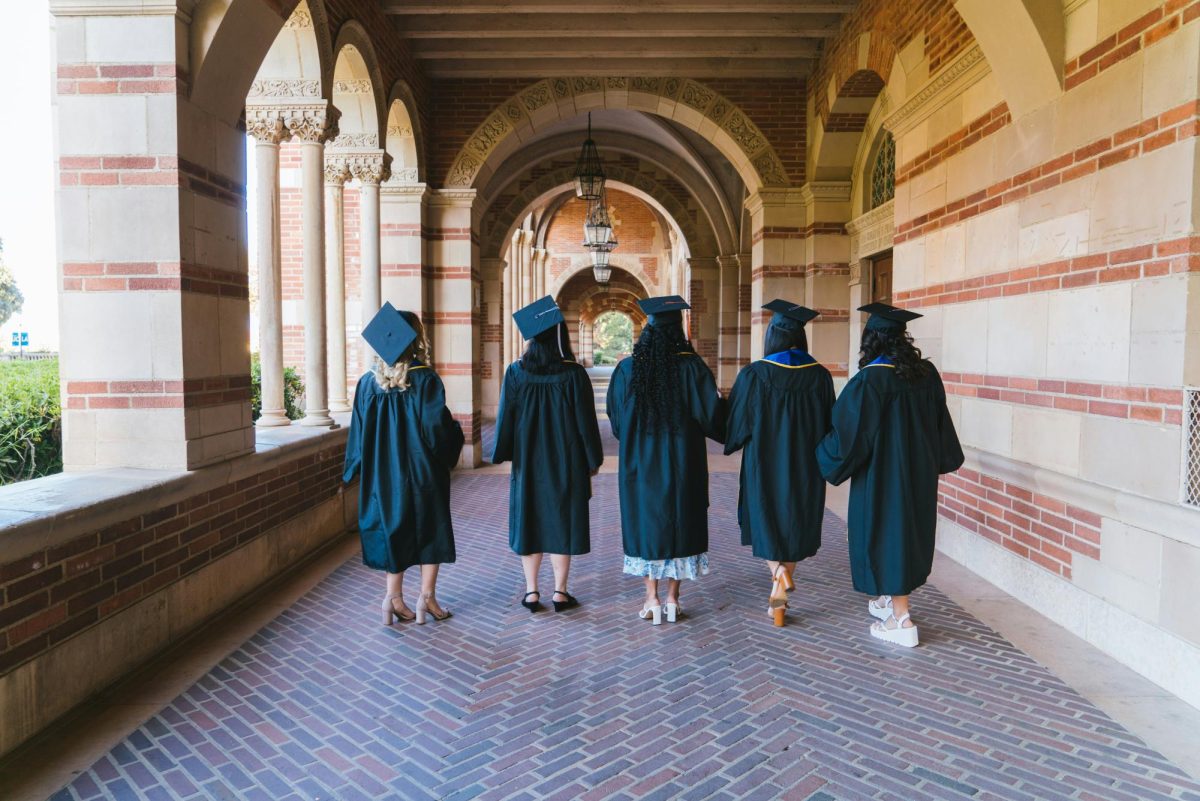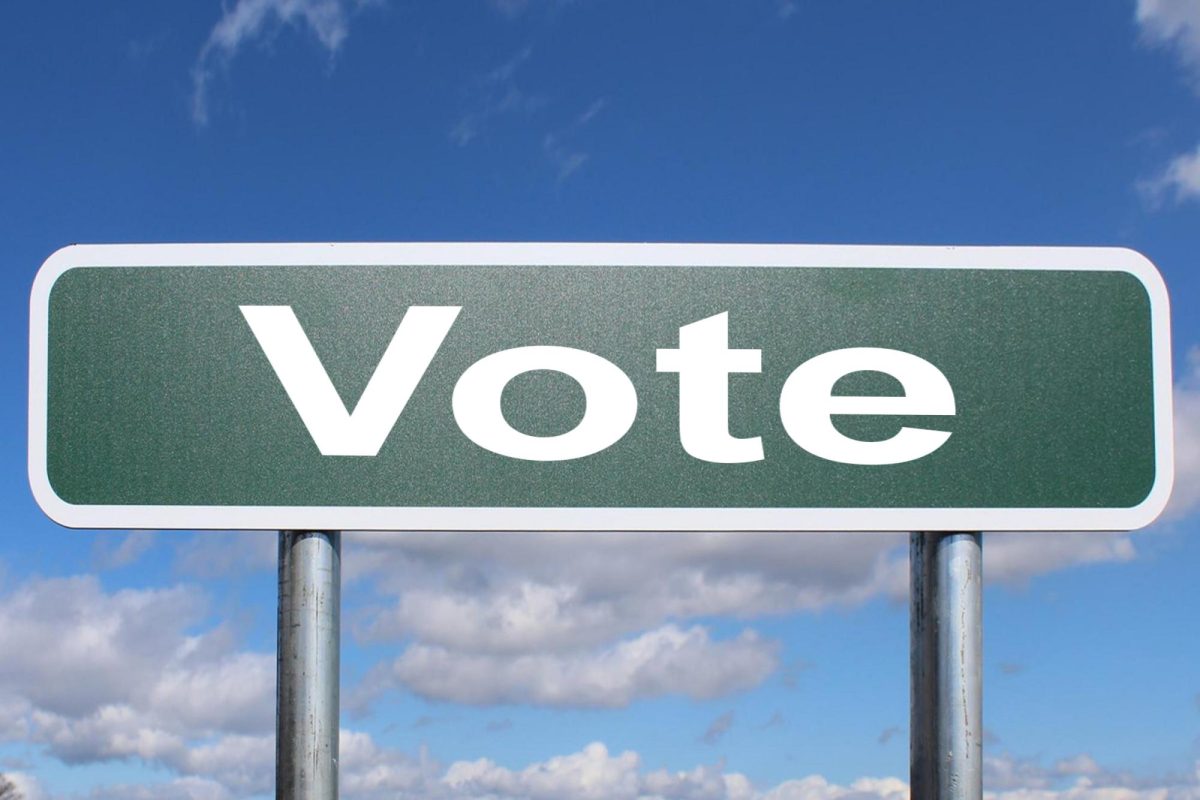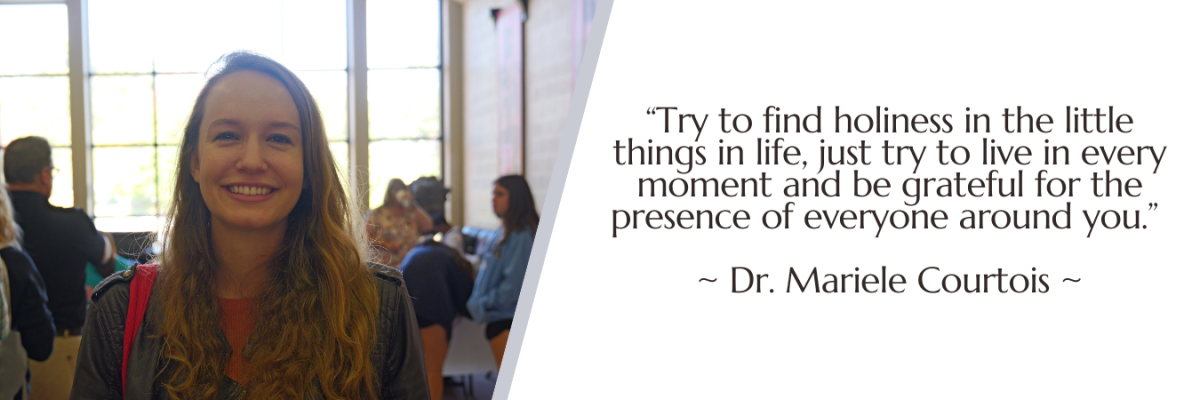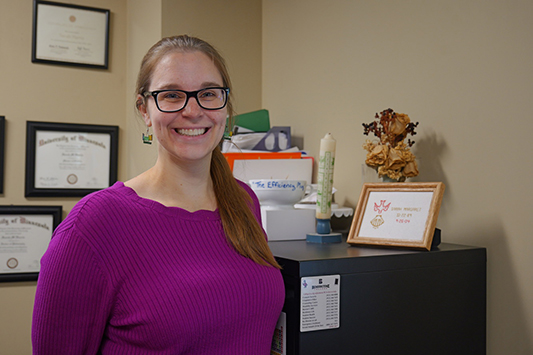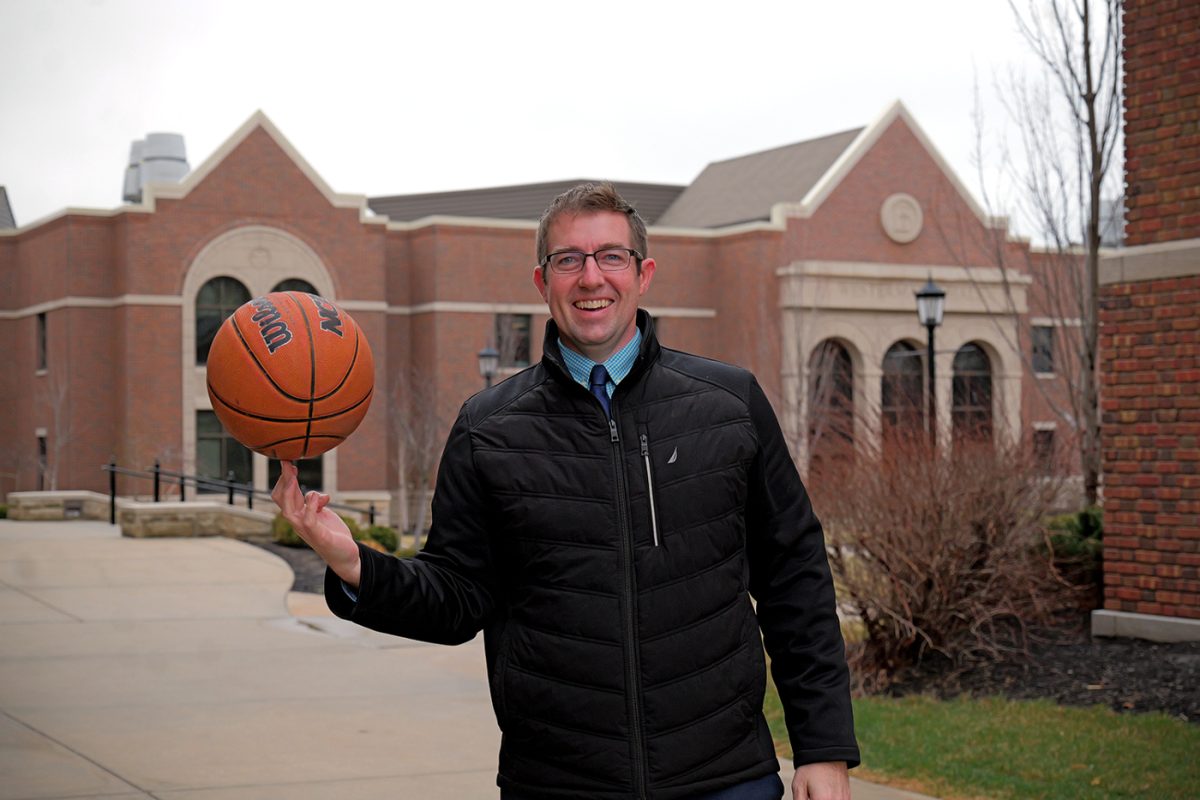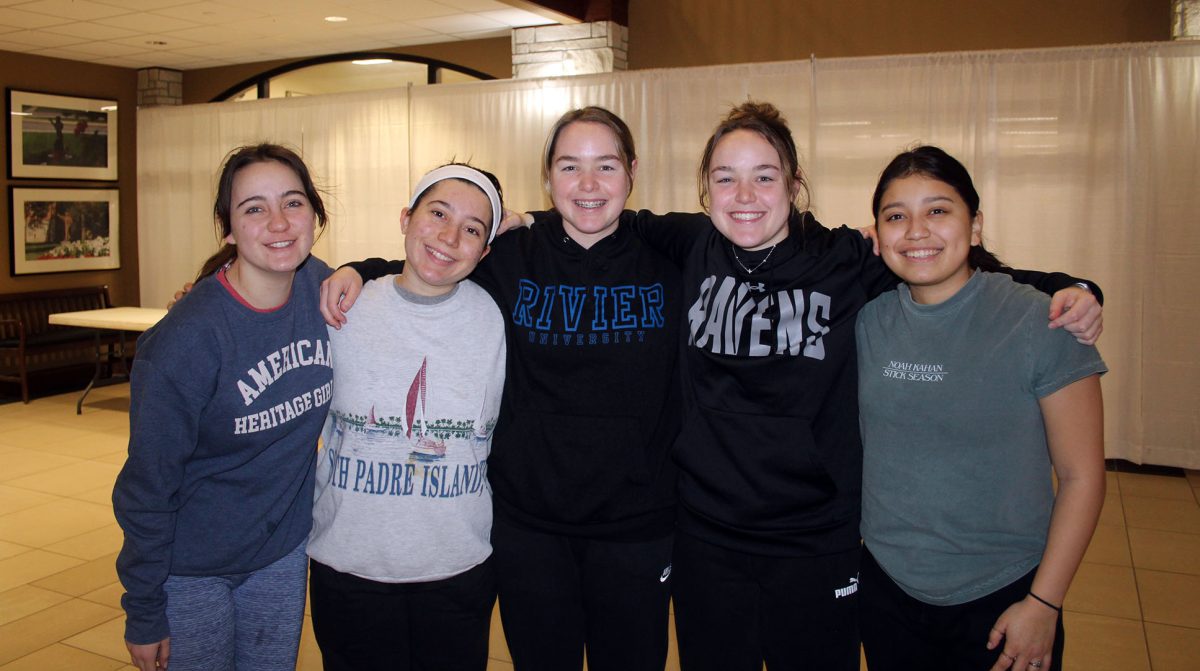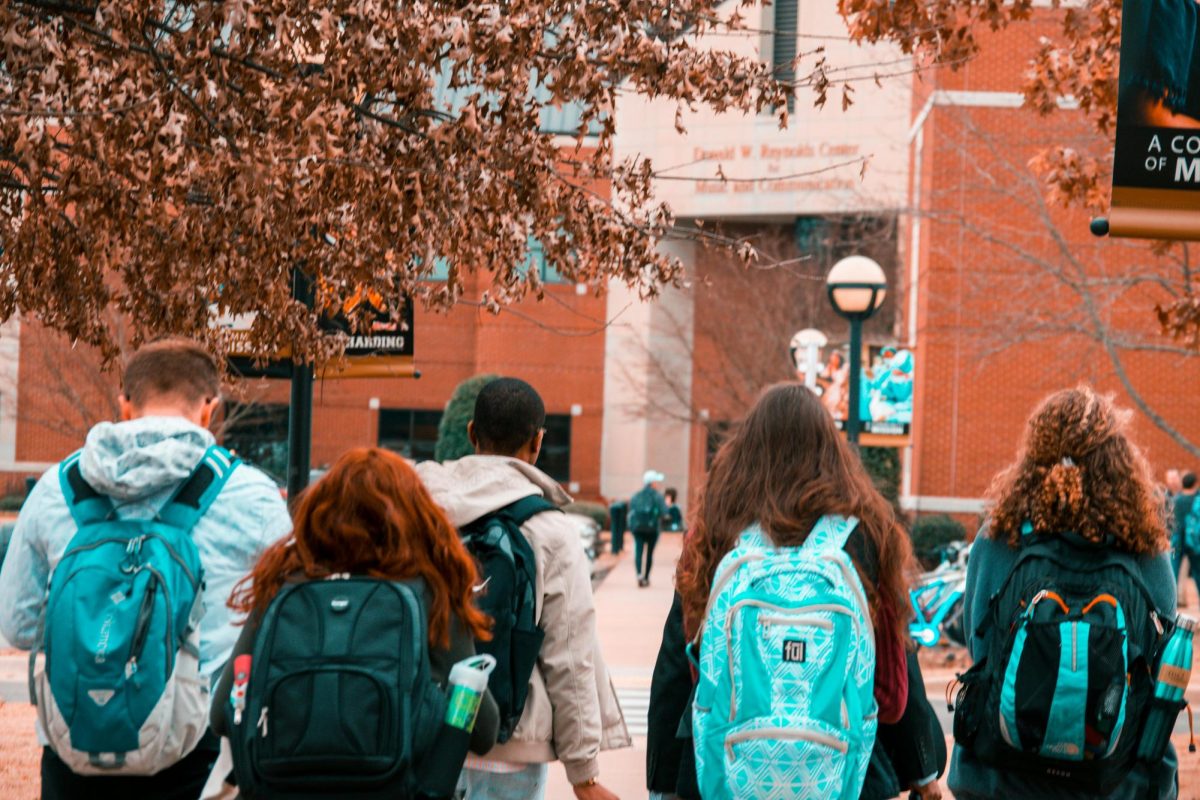Status Update
COVID–19 has become a global pandemic, sweeping across most countries at an alarming rate.
Last December. the world first encountered a new strain of the Coronavirus family, commonly the root of viruses like the common cold and pneumonia.
The novel Coronavirus causes an extremely deadly and contagious disease with flu-like symptoms. Those most at risk are the very young and elderly, but those with low health are susceptible as well.
The disease is believed to have originated in Wuhan, China, as a zoonotic disease, meaning that it was spread to humans through animals. COVID-19 is spread through direct contact of an infected patient, but it may spread through indirect contact as well.
The disease has spread globally, hitting countries like China, Italy, and the United States at an extreme speed.
There have been more than 740,000 cases worldwide. The United States has become the epicenter for the pandemic, with over 100,000 cases reported. The states most affected are New York, California, Colorado, Florida and Washington.
Quarantine and Social Distancing
To find social distancing guidelines click the link.
In the United States, the CDC and the United States Government have enacted a series of social distancing protocols to contain the spread of COVID-19.
These protocols require people to remain at home for fifteen days after travel contact with others and to avoid large social gatherings such as school.
Further protocols require people who are feeling unwell to stay at home and contact medical providers. If anyone who feels unwell test positive for COVID-19, they should remain at home, and keep their entire household at home.
Elder persons should remain at home. People who have serious diseases that affect the heart, lungs or immune system, other than COVID-19 should remain at home as well.
State and local governments have adopted these standards, and many have extended the fifteen-day stay at home order to one month. Check with your local government for the quarantine time for your county.
Shopping for provisions should be limited to grocery stores and only essential items.
Benedictine College’s Response
Due to the highly contagious nature of the disease, Benedictine College has closed all residence halls, effective as of Mar. 22. Most academic events for April have been canceled.
For students, classes are continued online (for more information, please contact your class’ instructor).
Students will be able to check out of their dorms by filling out a Request to Checkout form, found on Benedictine’s COVID-19 Response Page.
As for the remainder of the semester, classes will continue to be held online and graduation ceremony plans are unknown for the time being.












